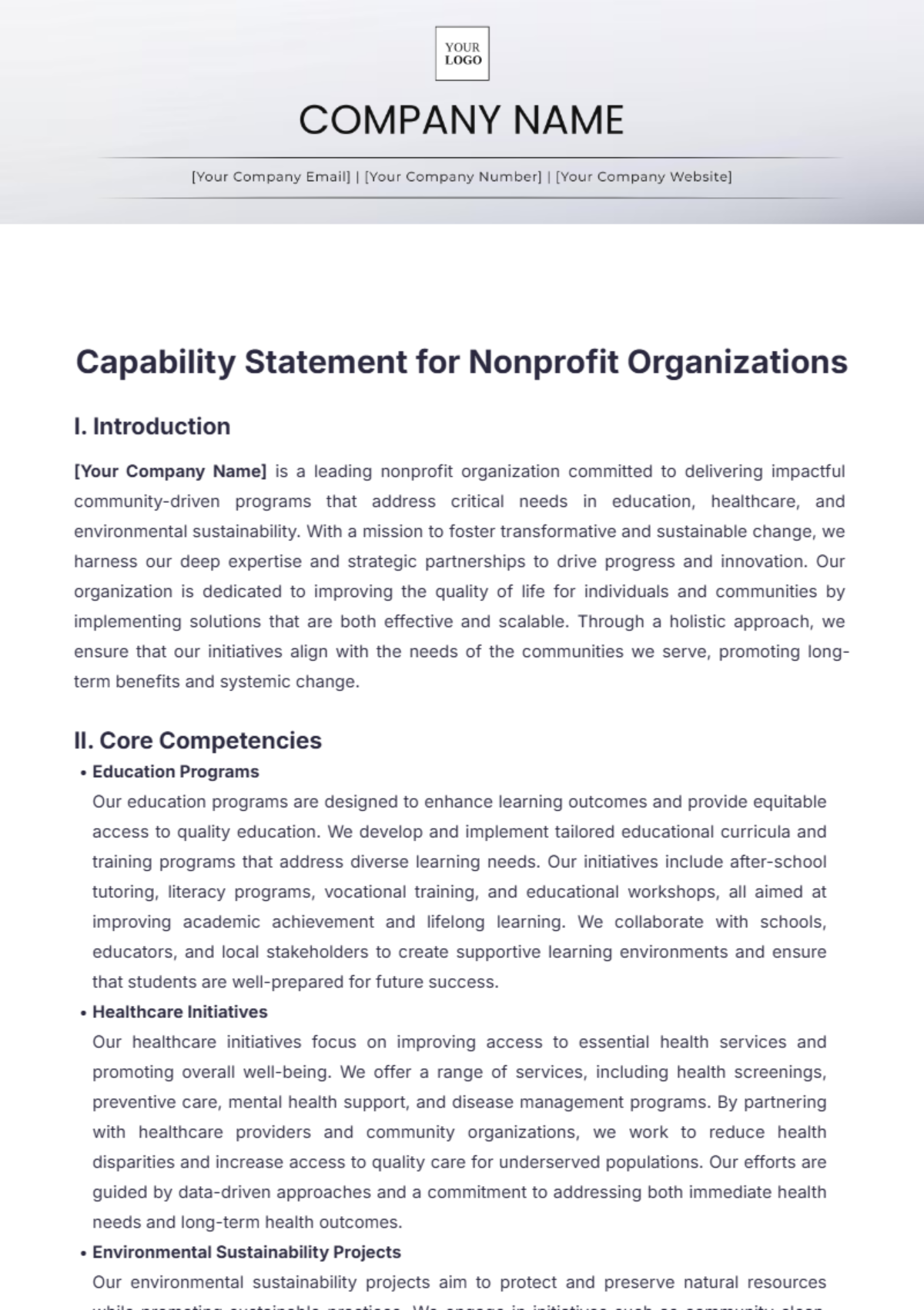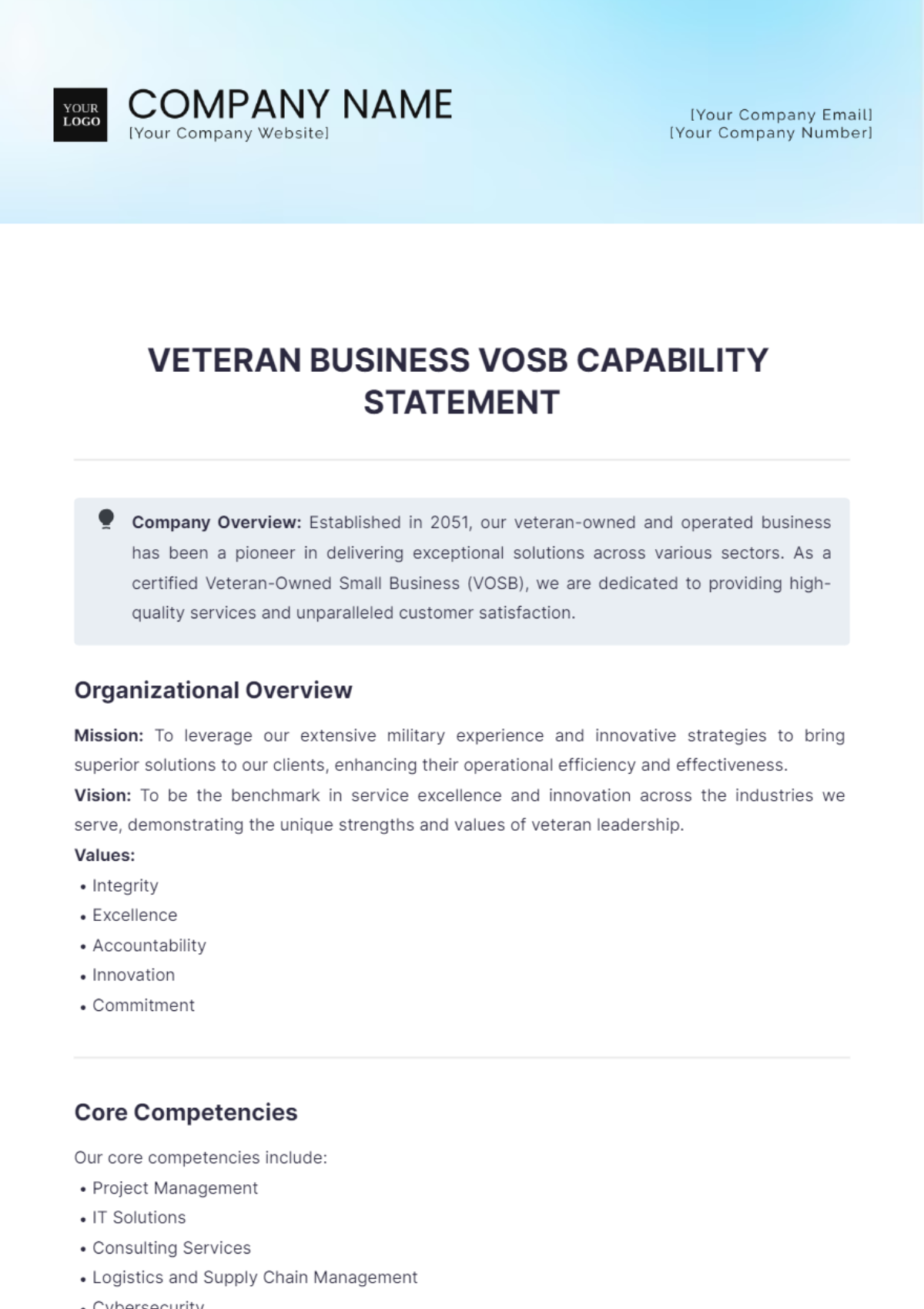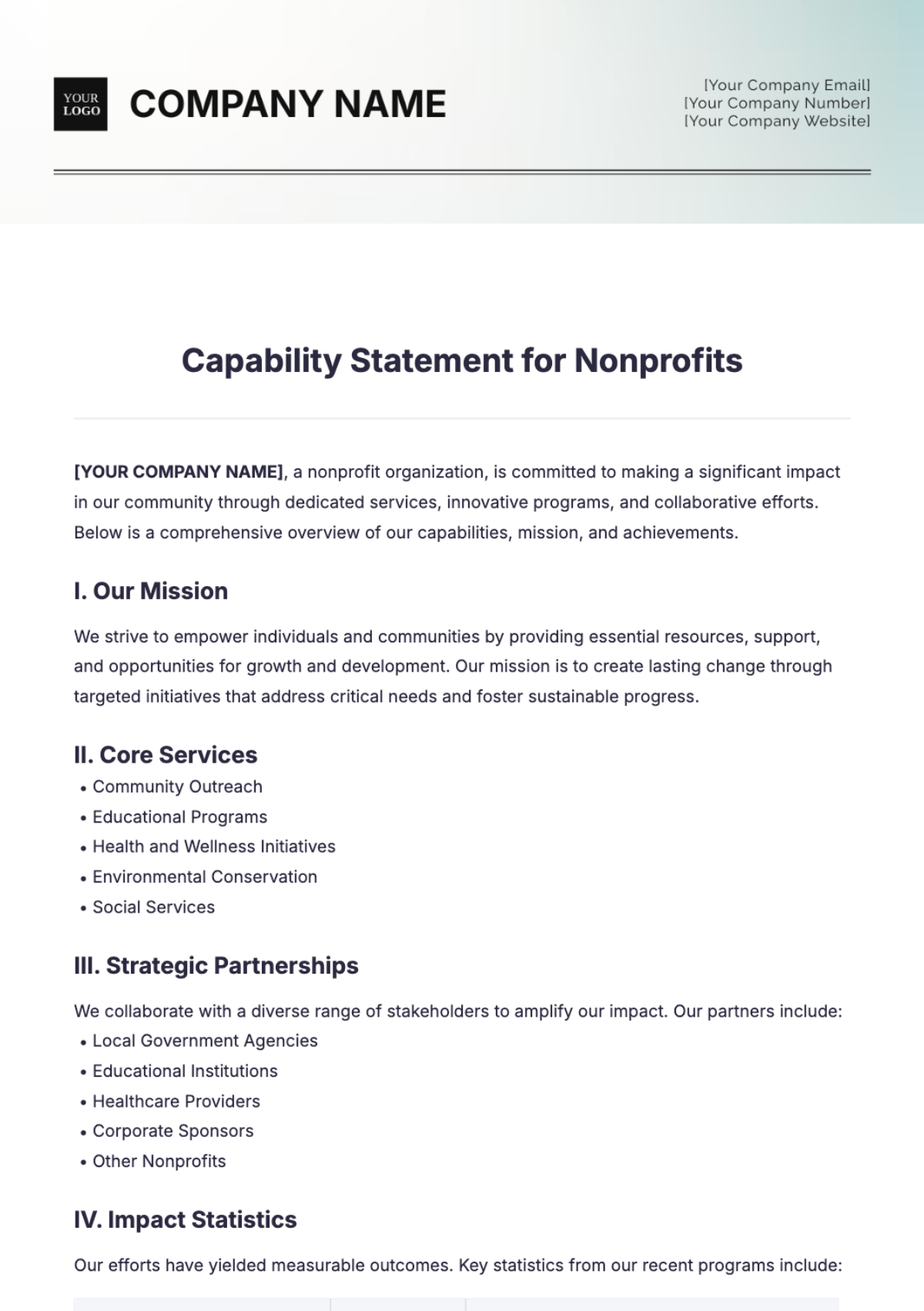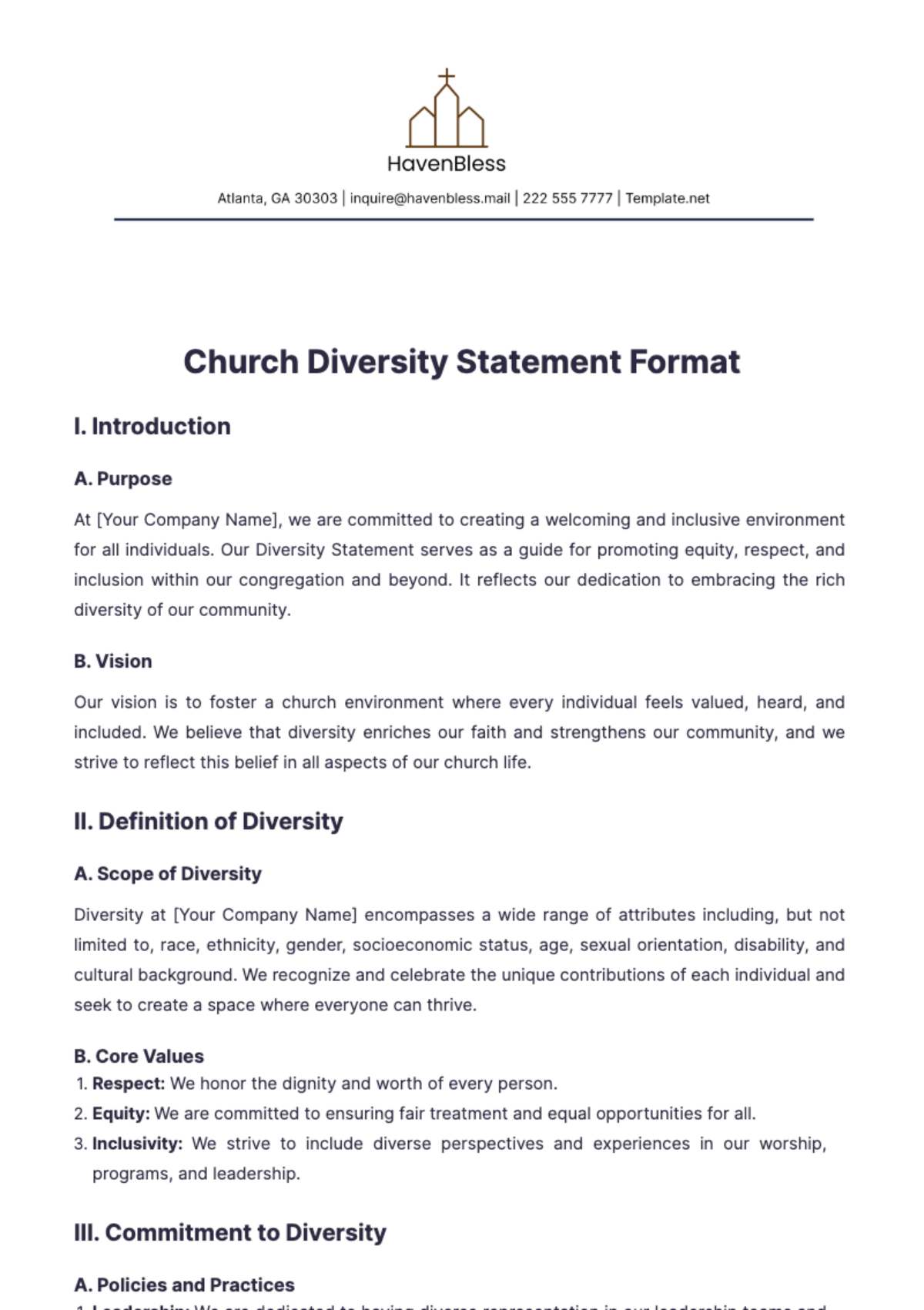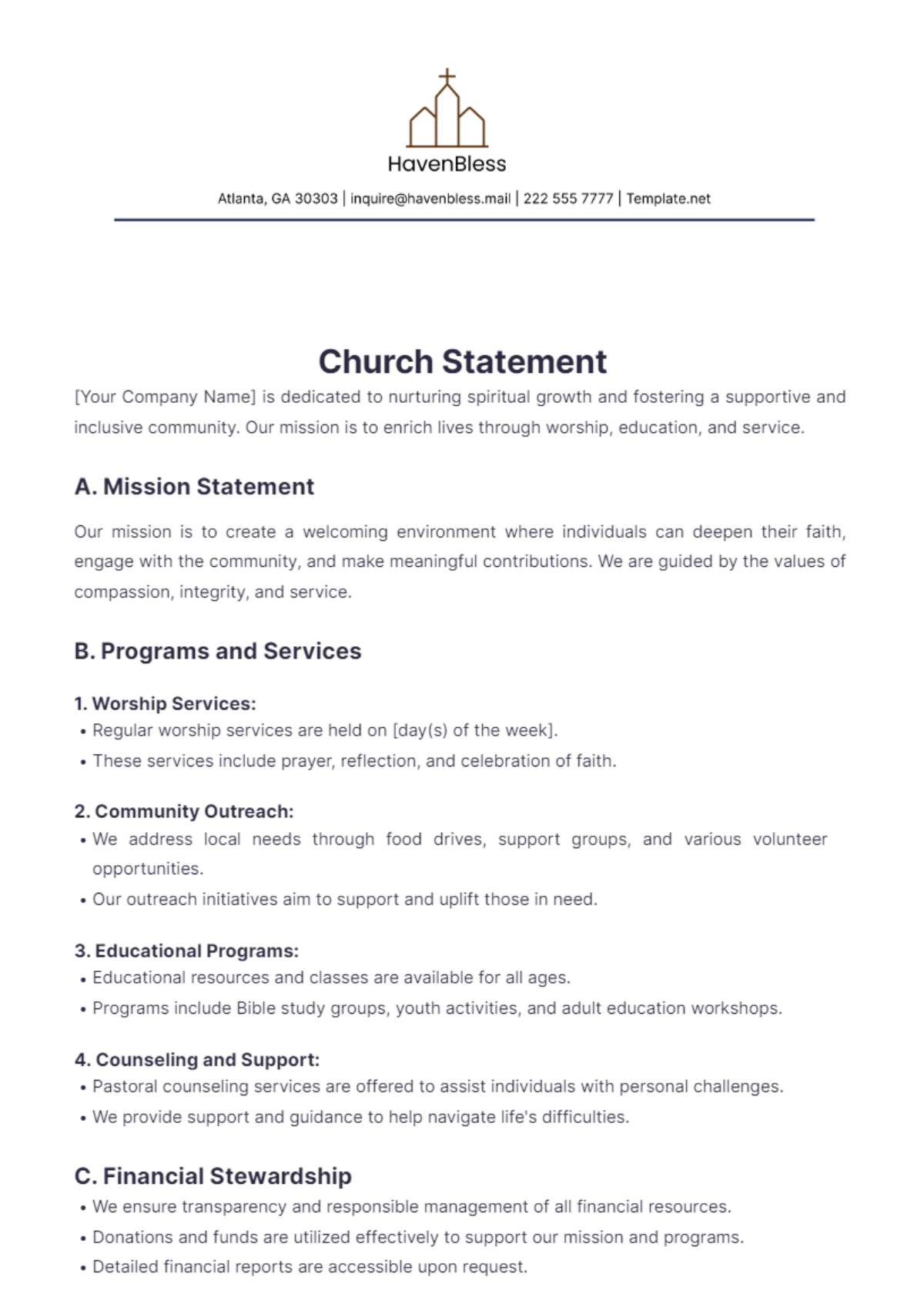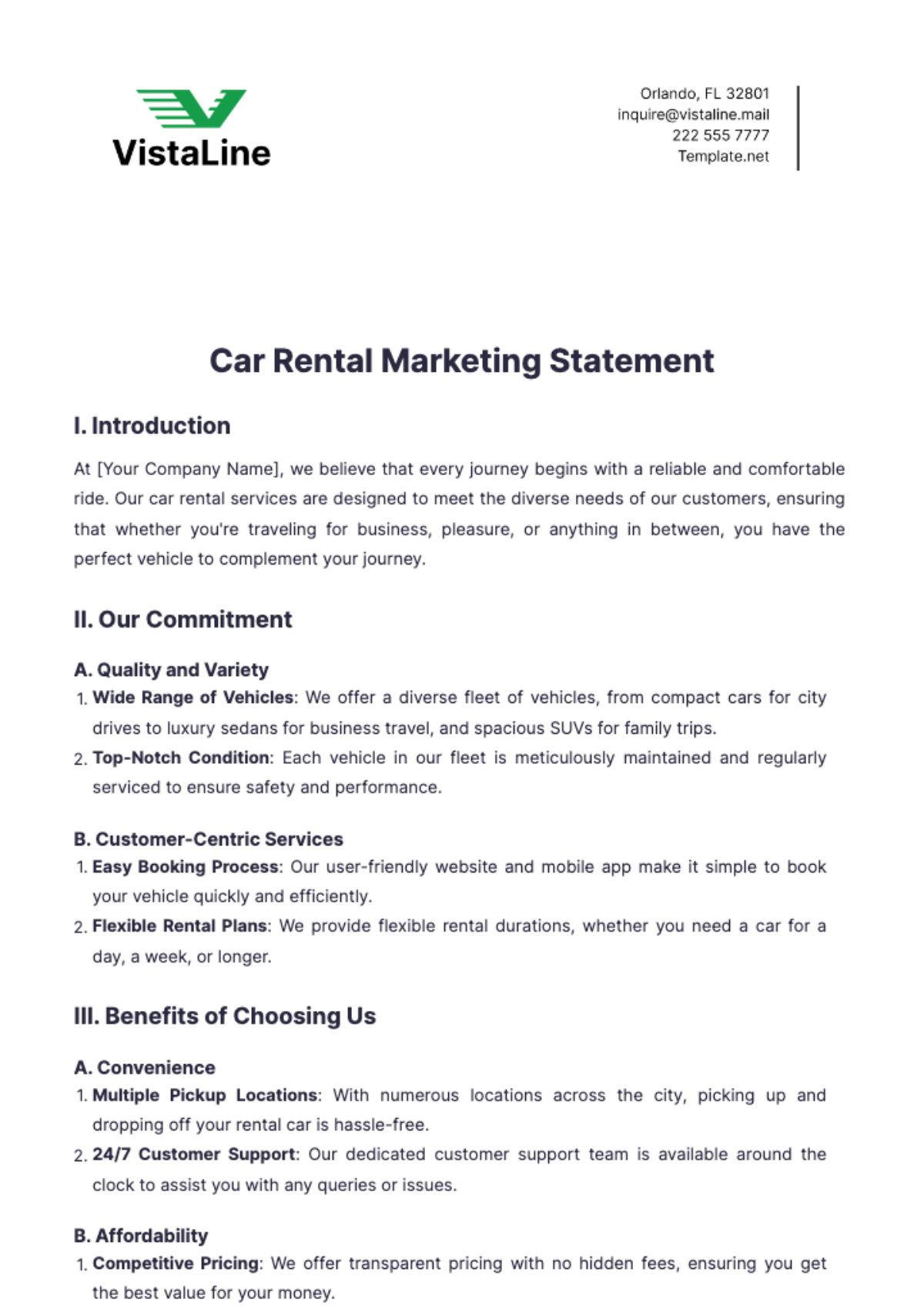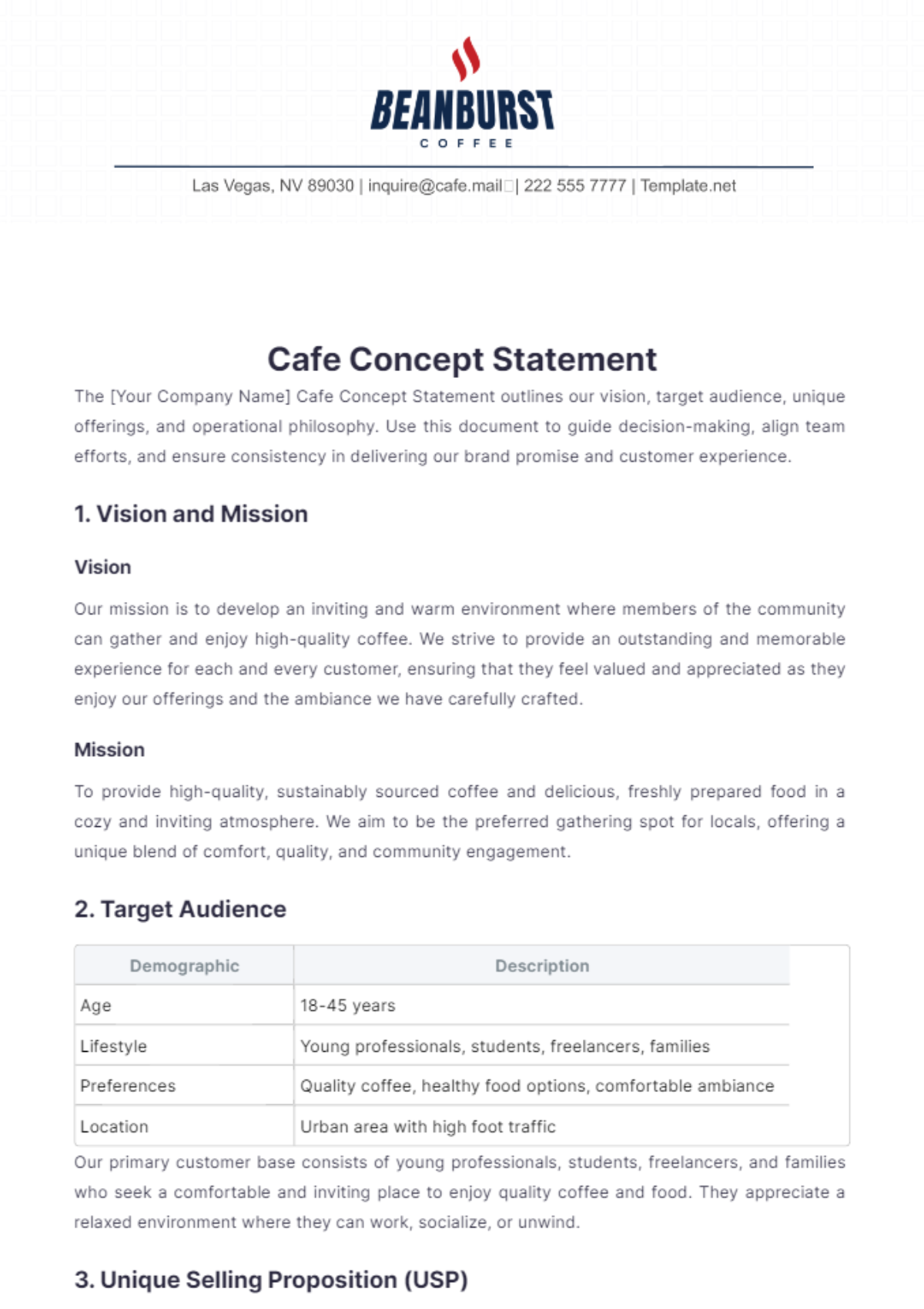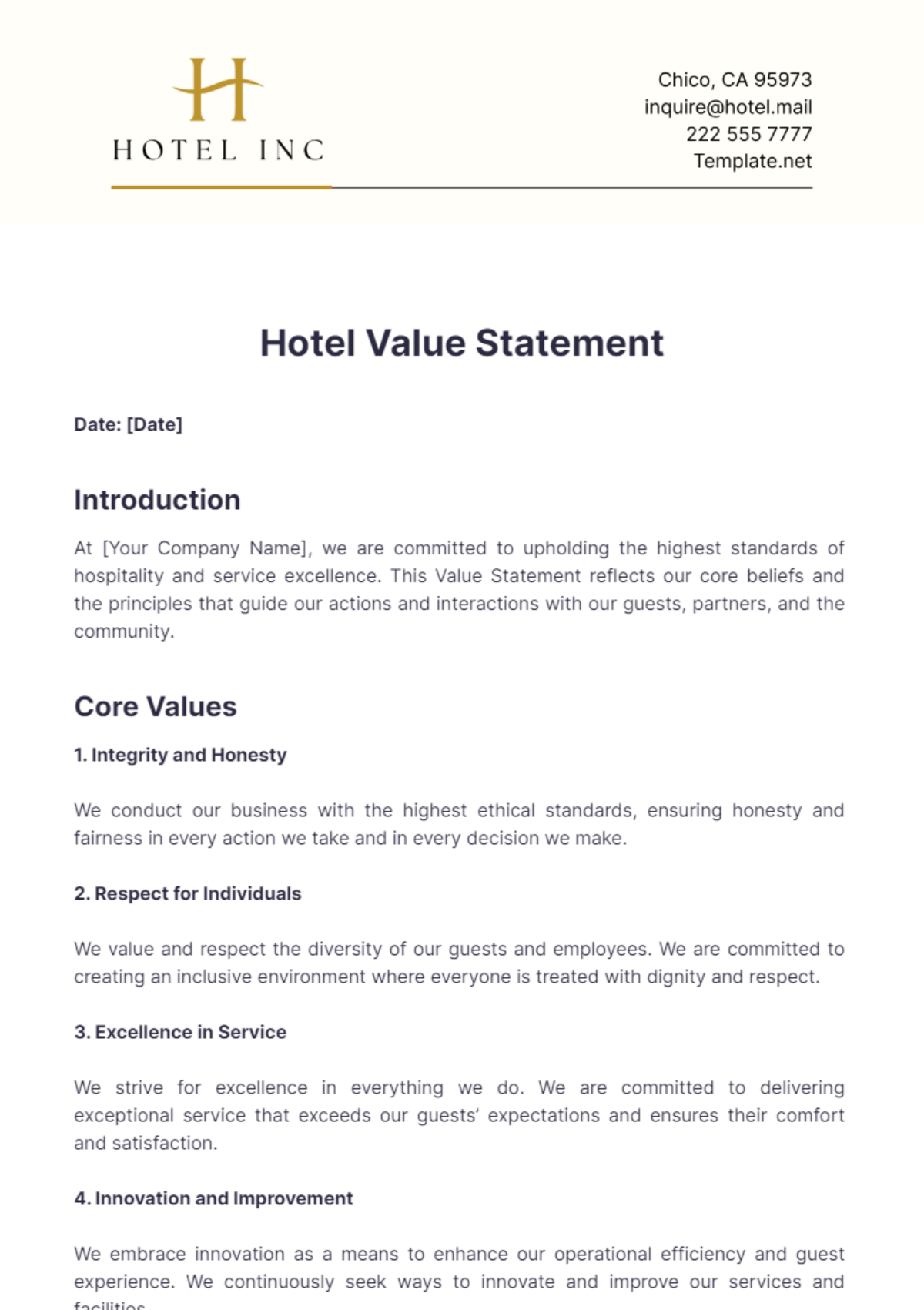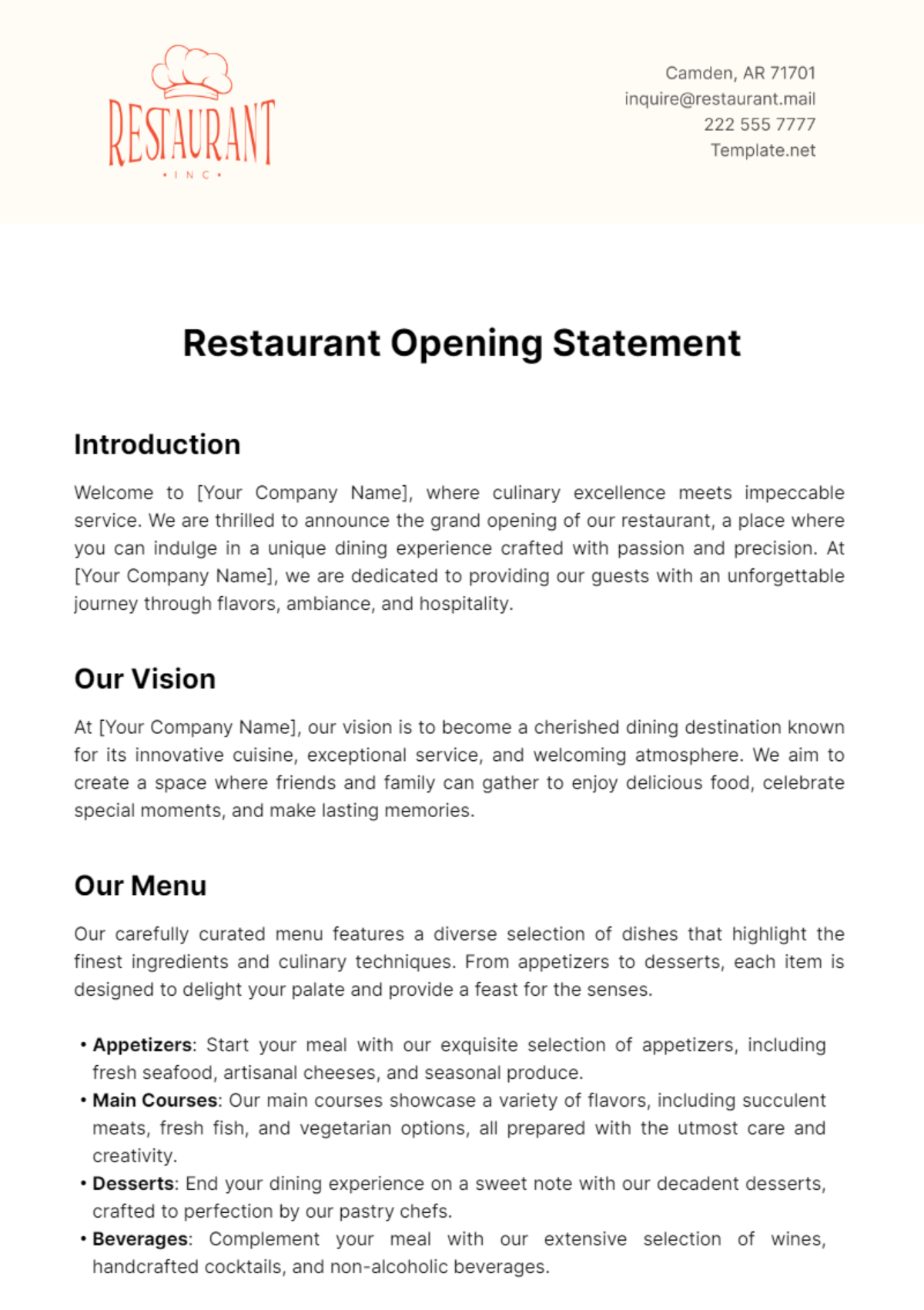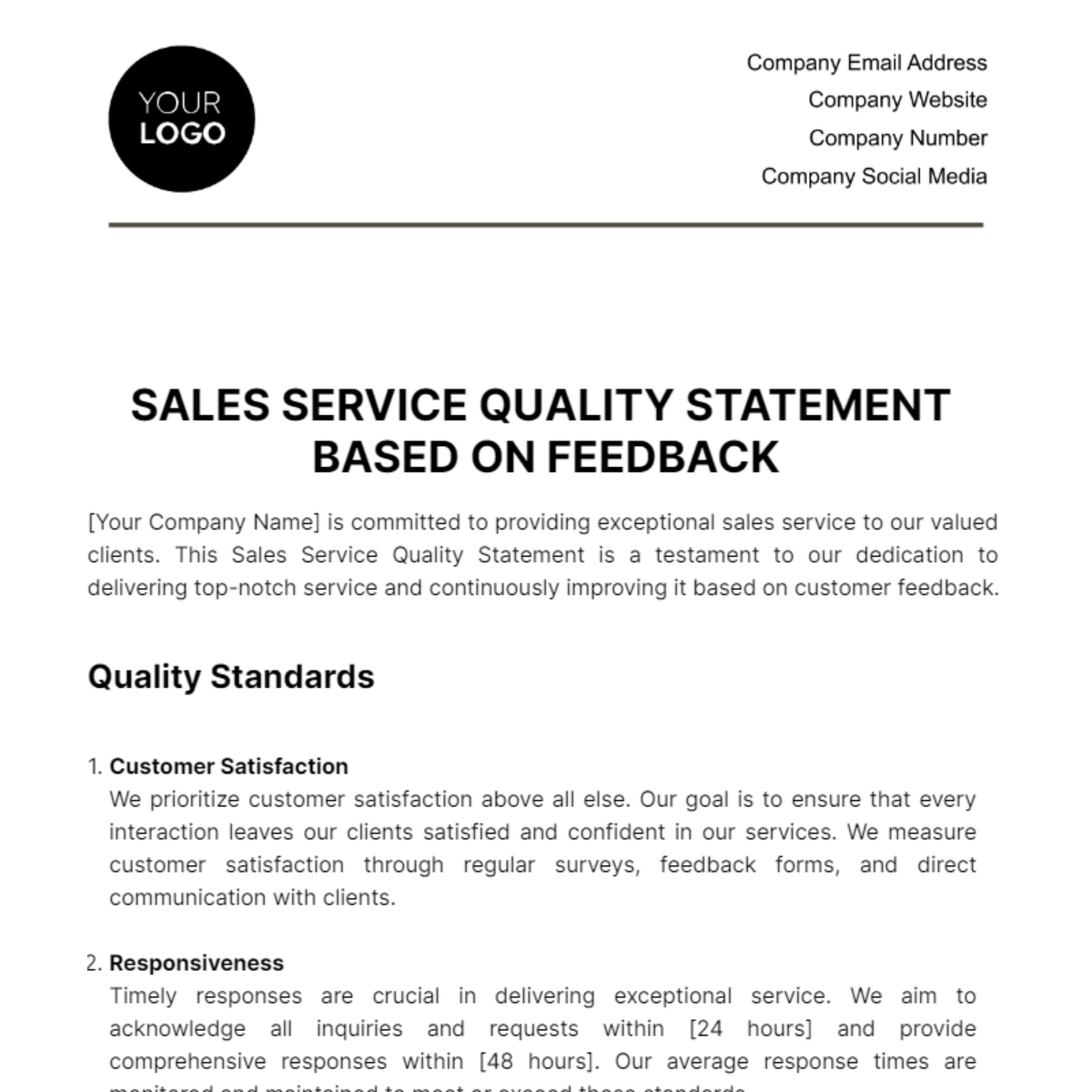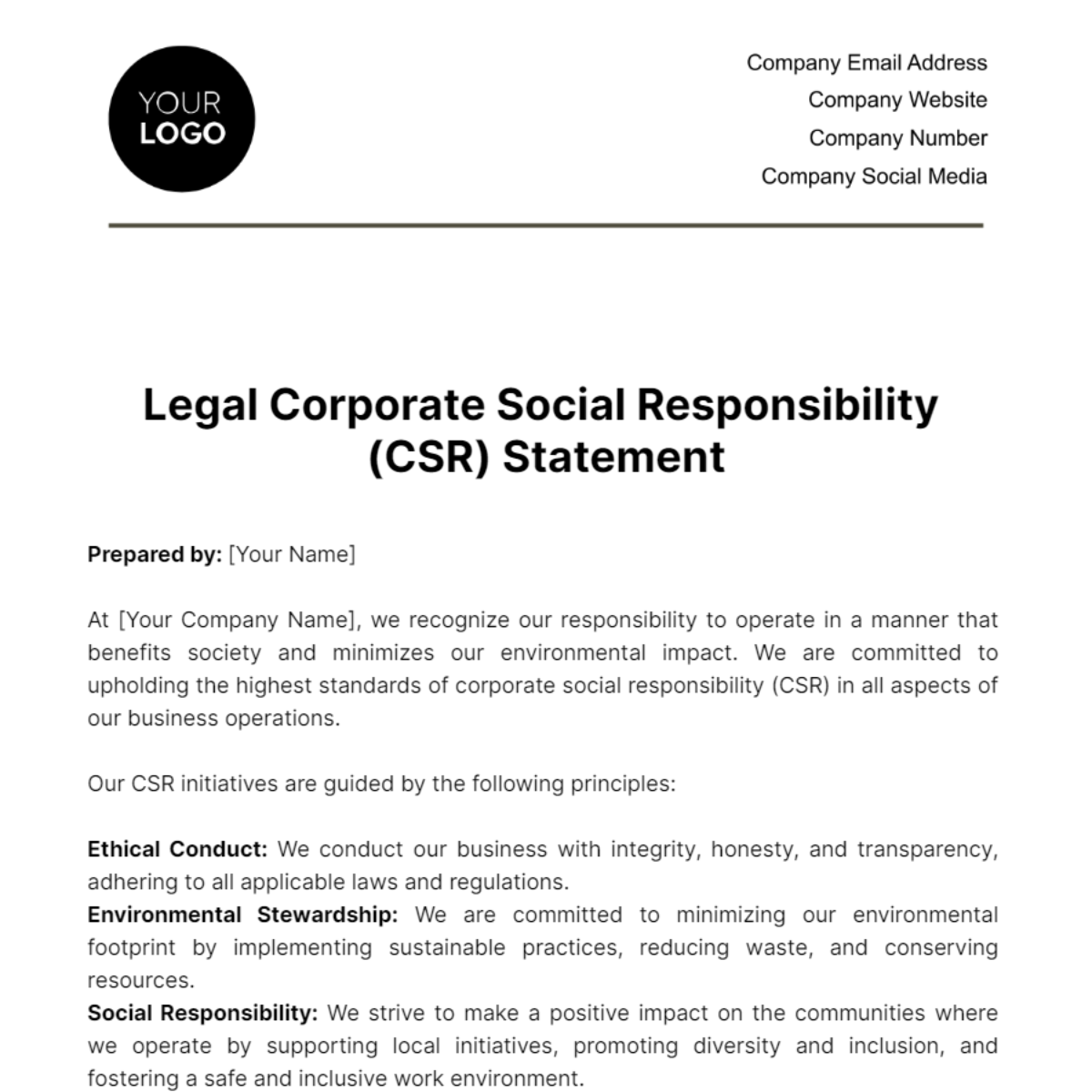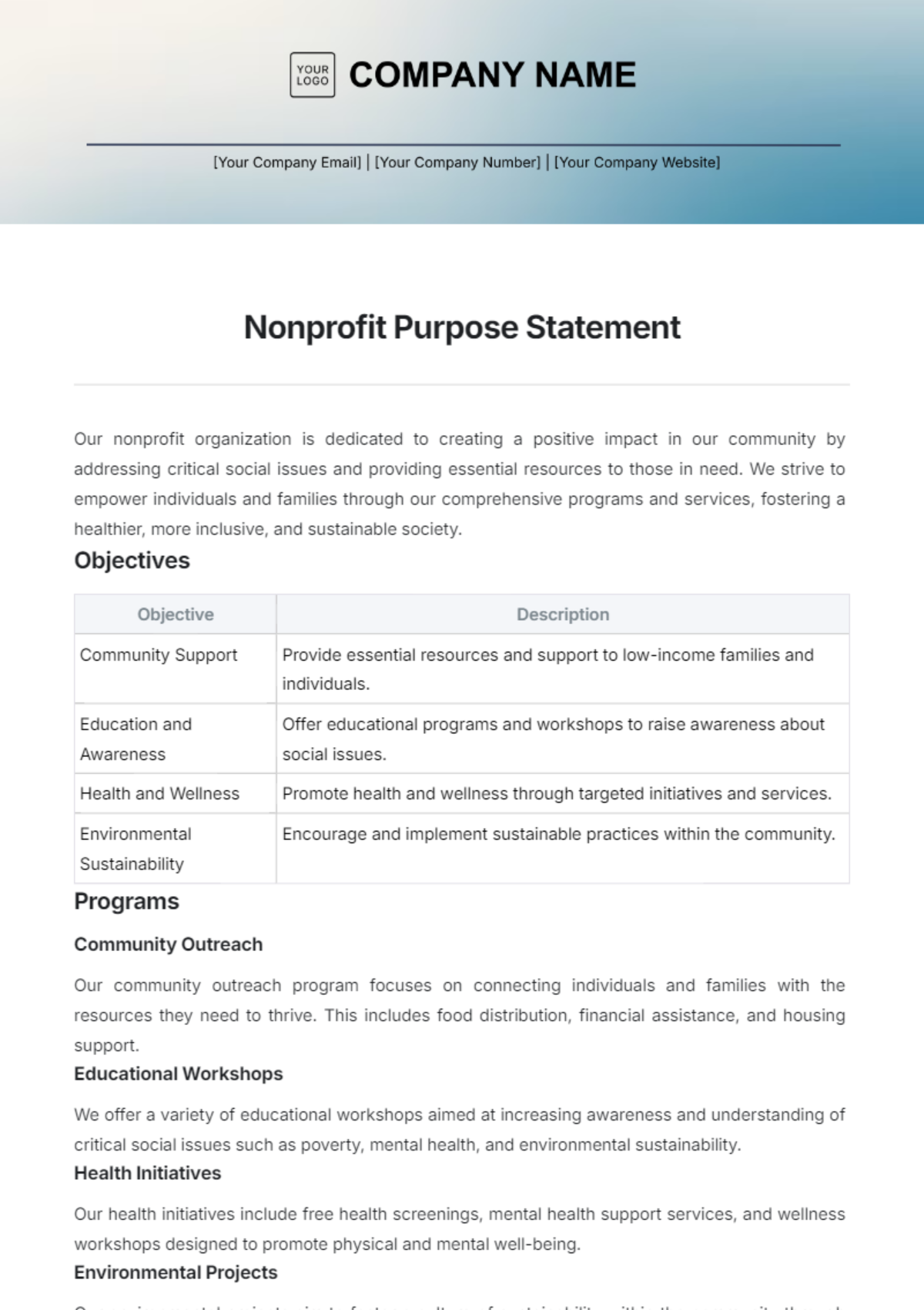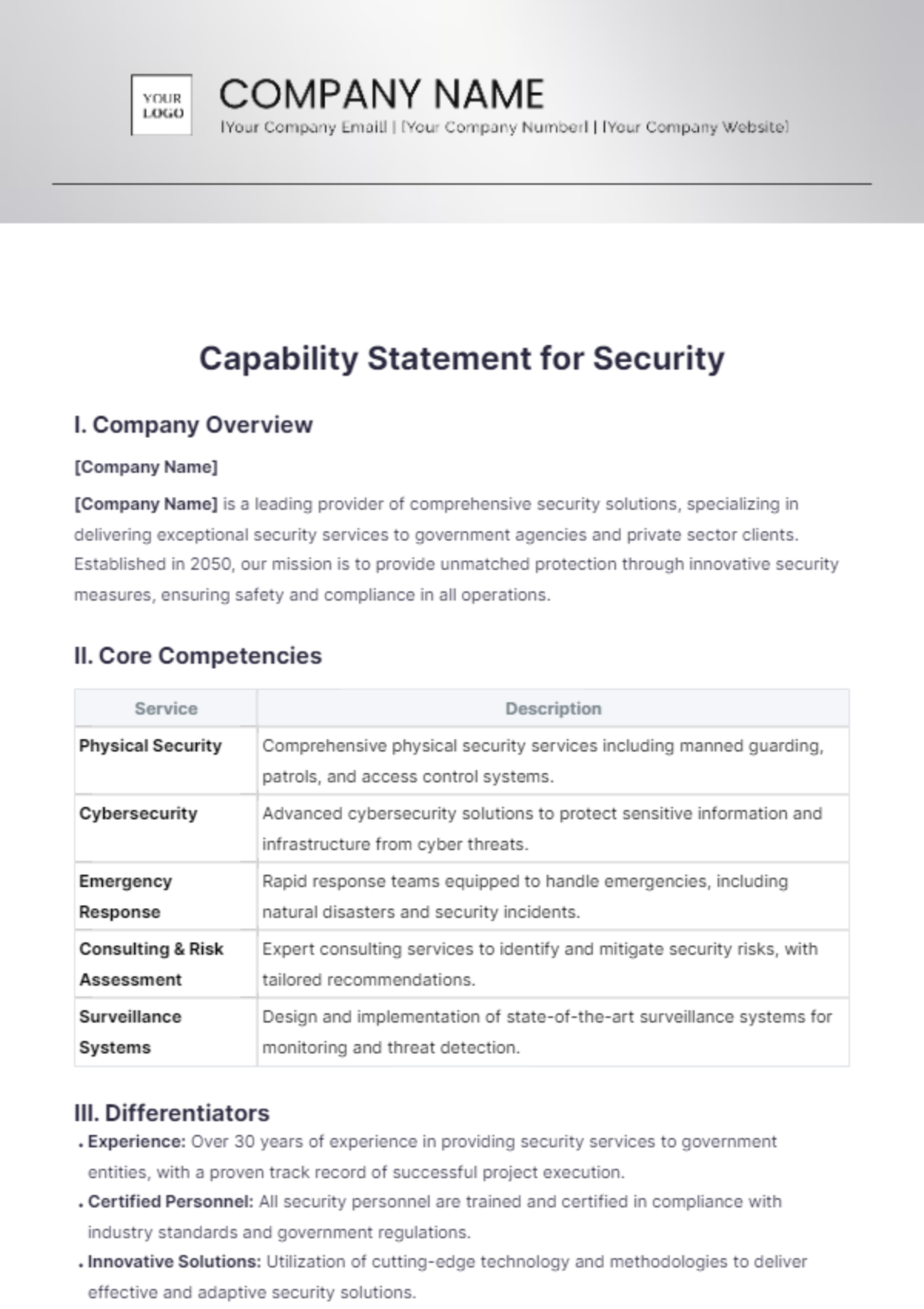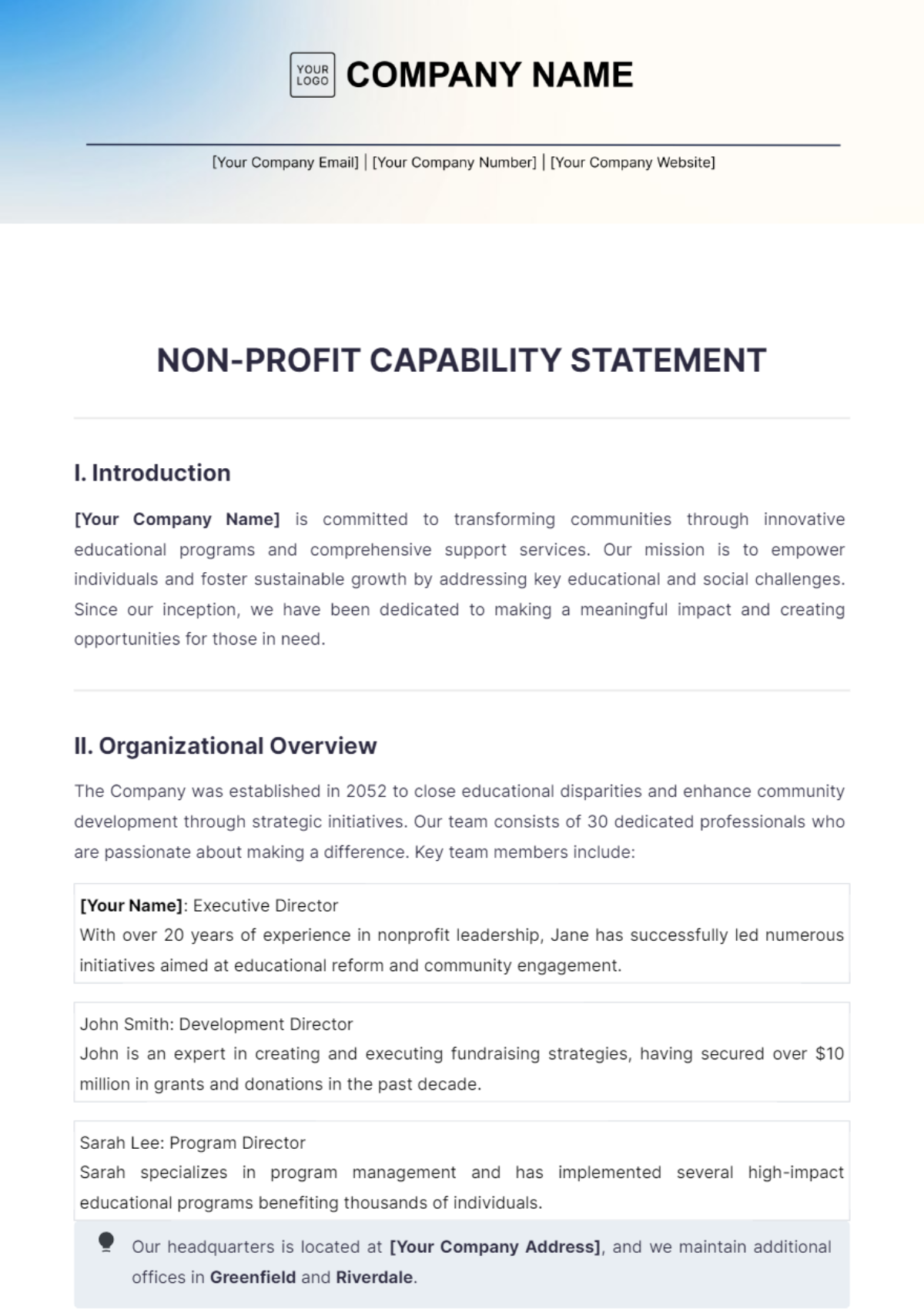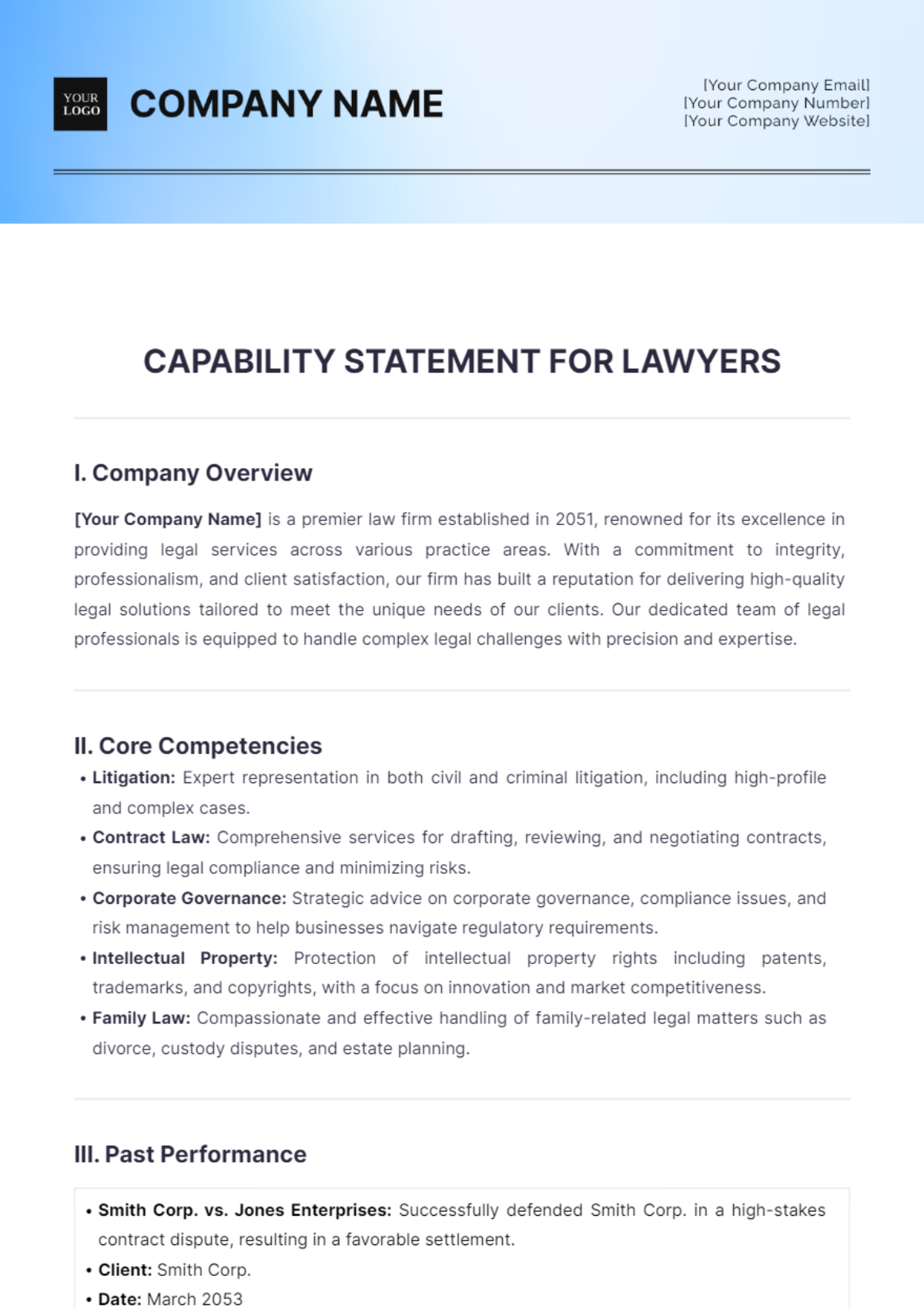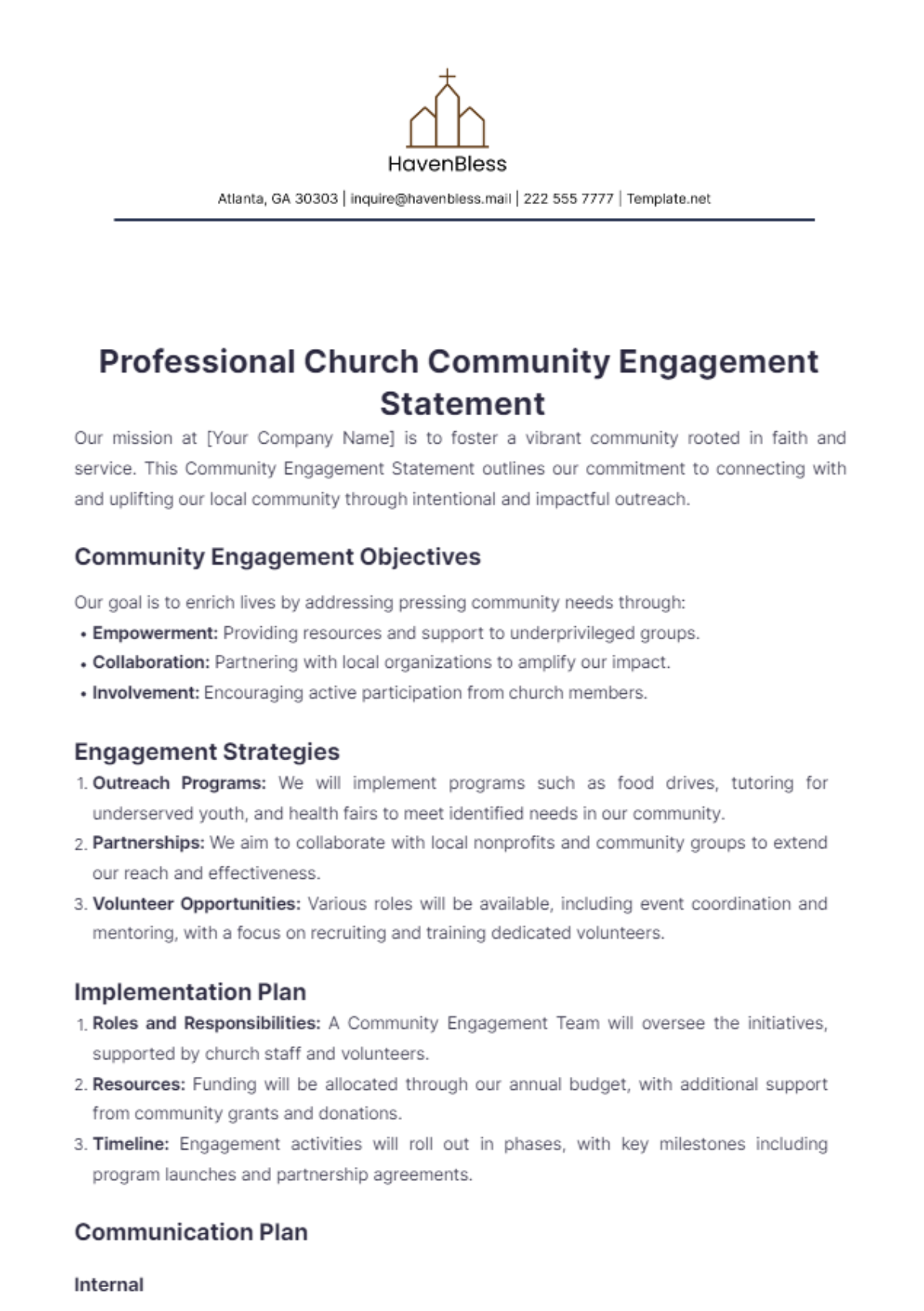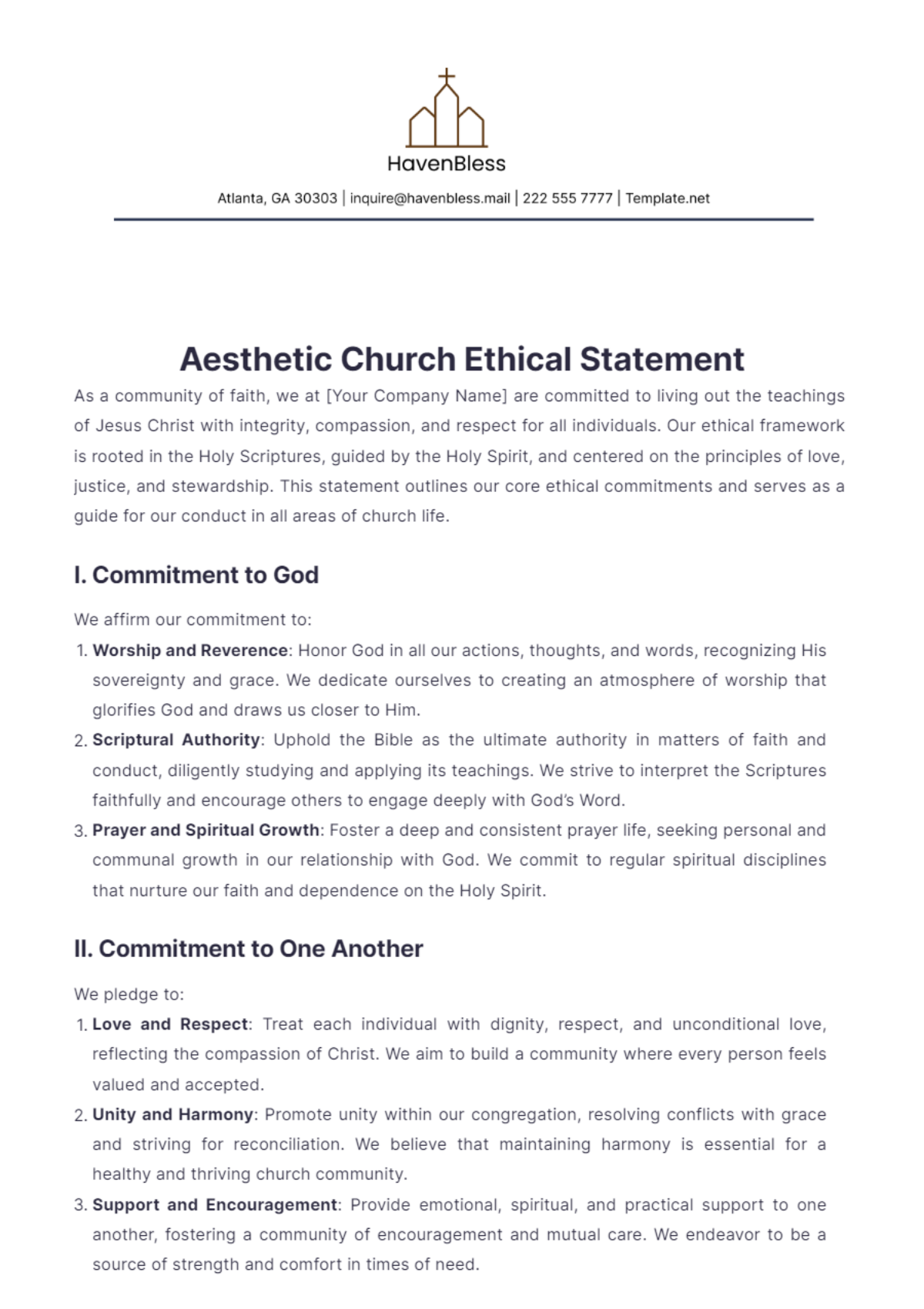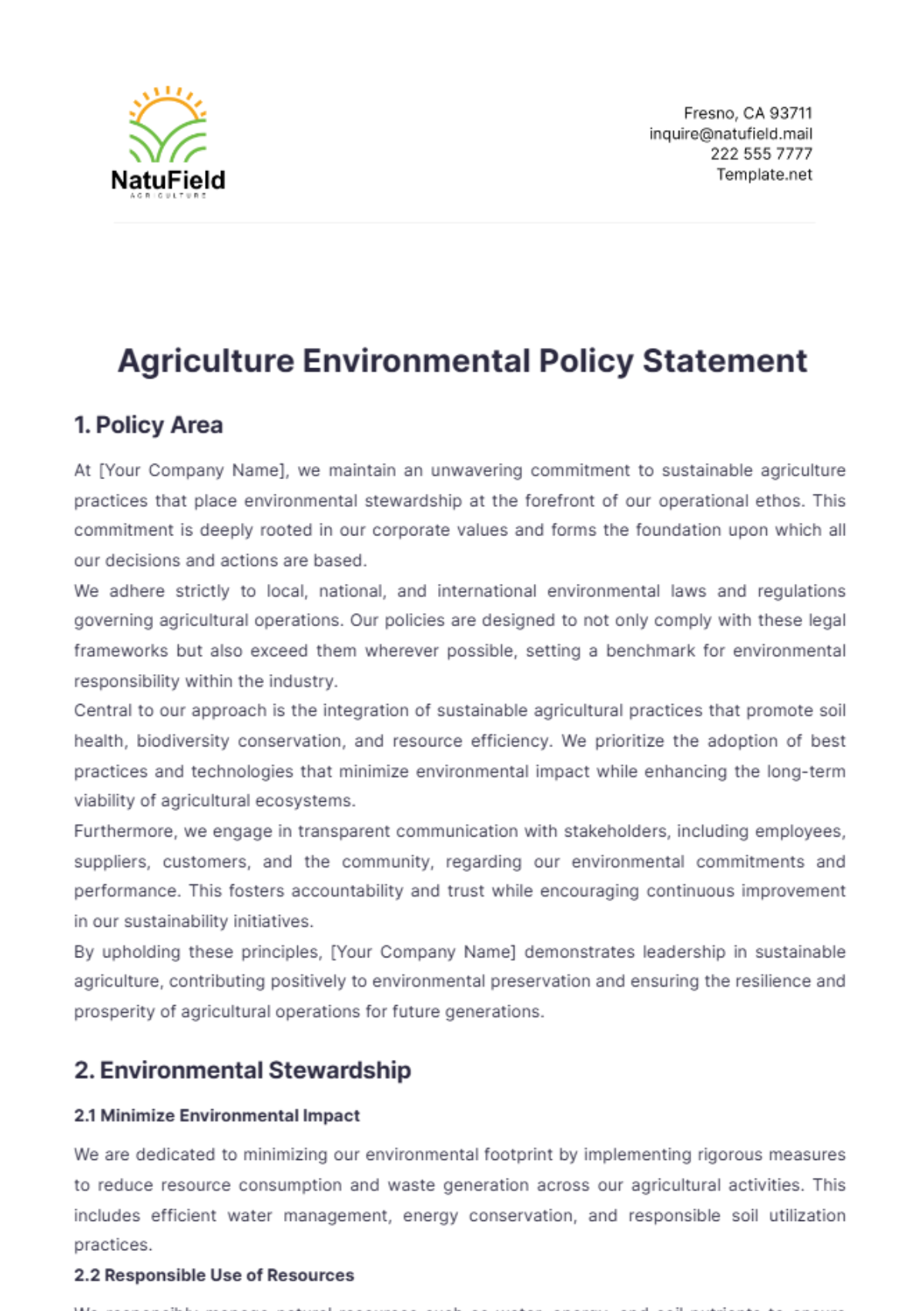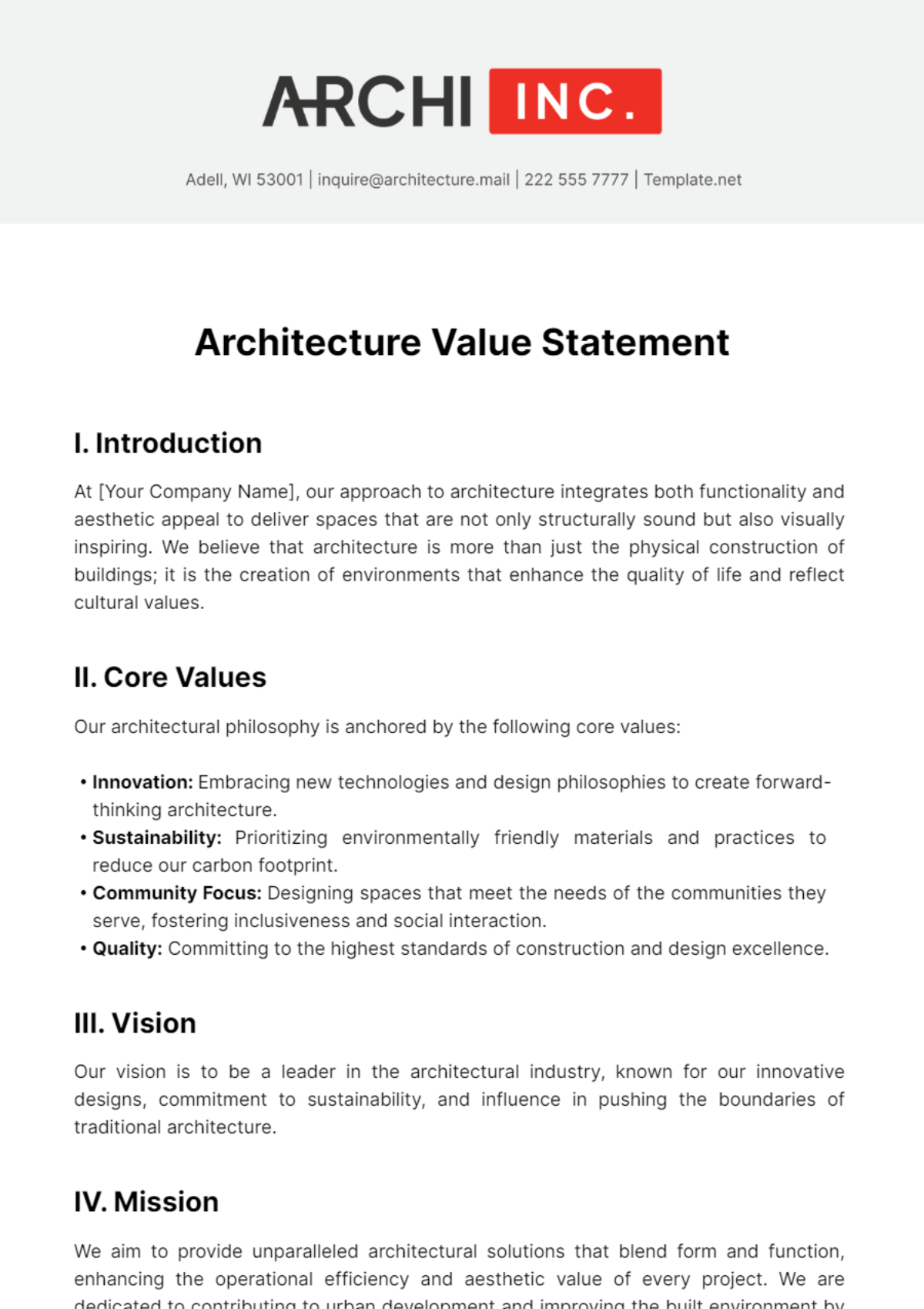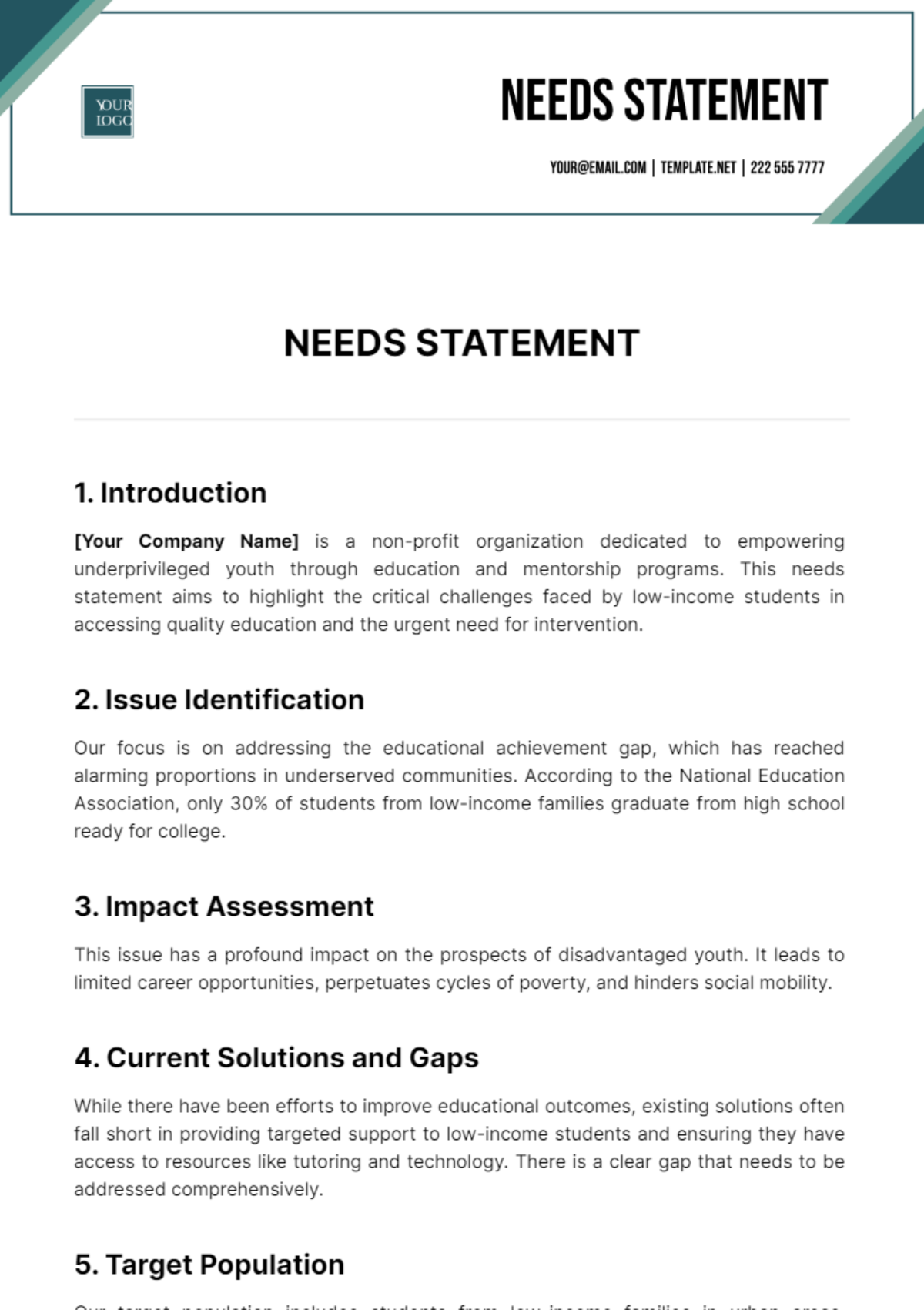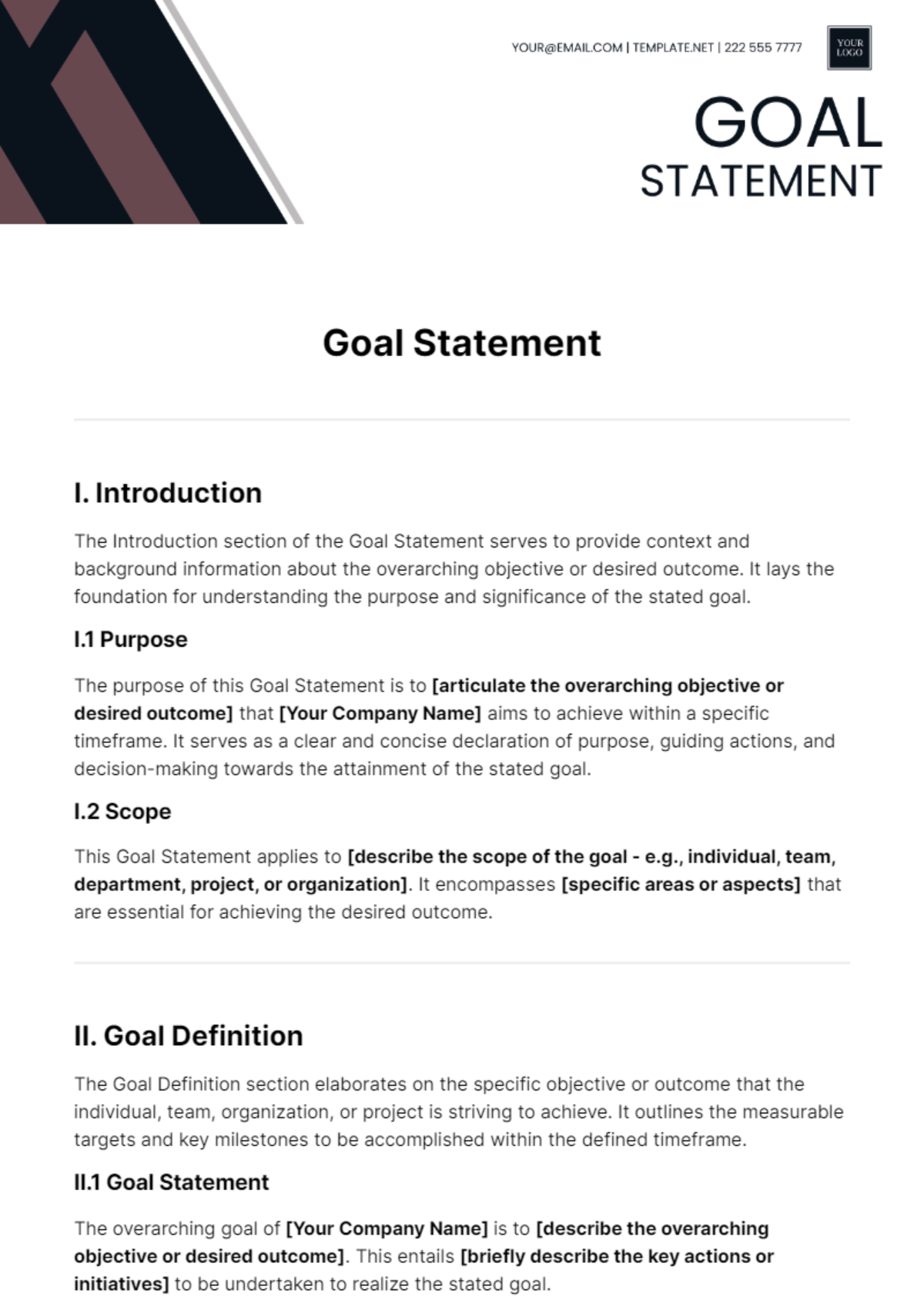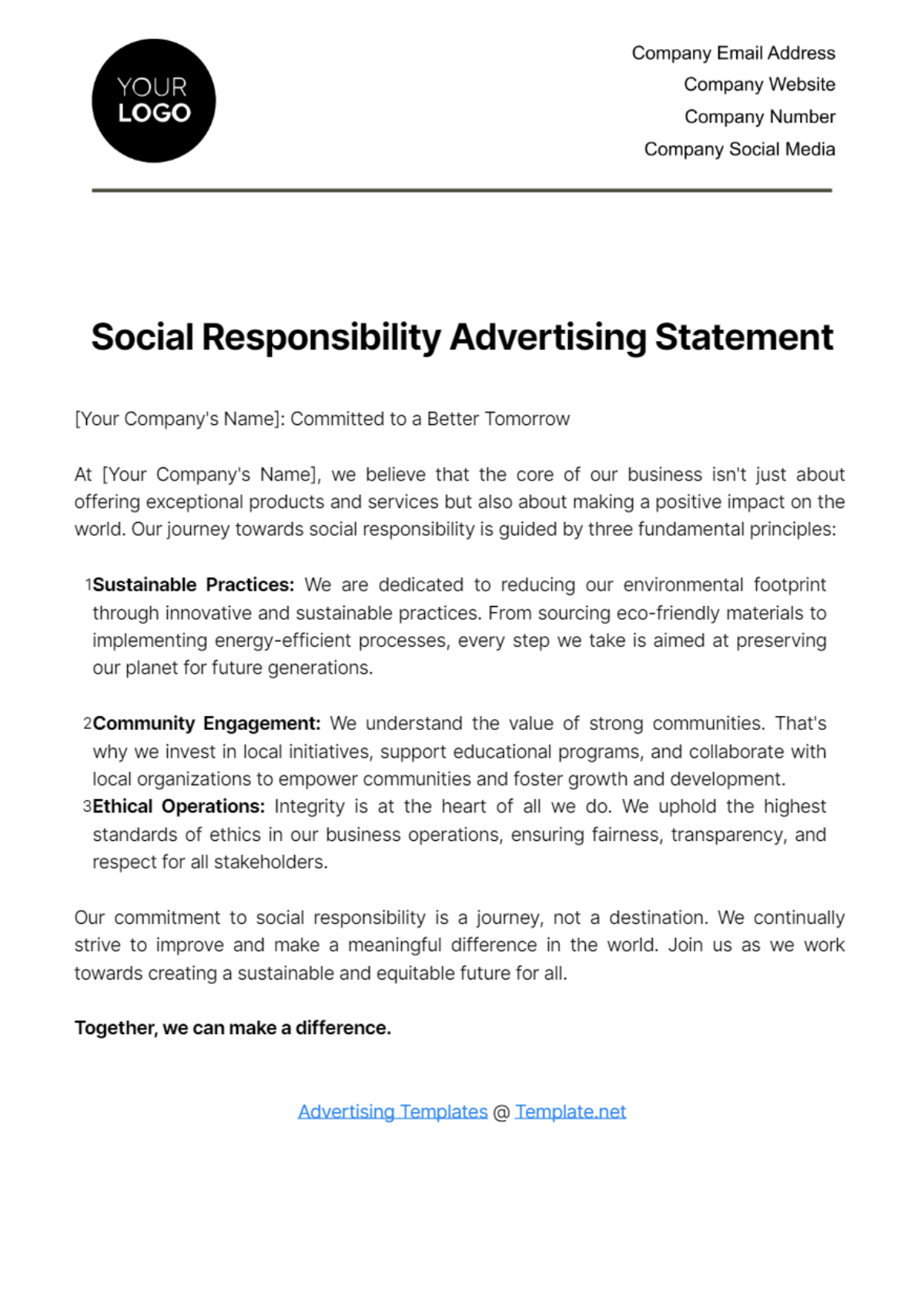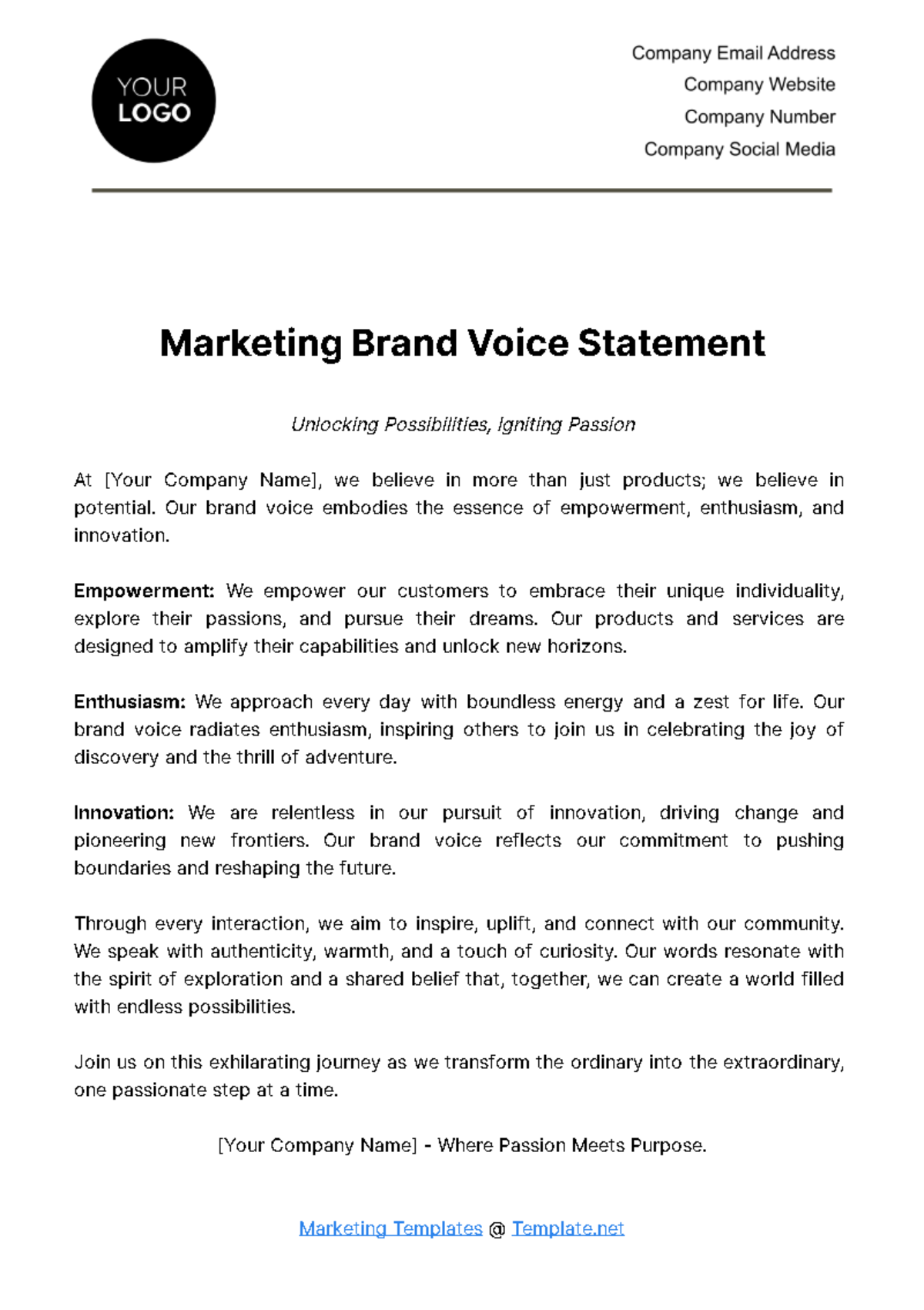Agriculture Environmental Policy Statement
1. Policy Area
At [Your Company Name], we maintain an unwavering commitment to sustainable agriculture practices that place environmental stewardship at the forefront of our operational ethos. This commitment is deeply rooted in our corporate values and forms the foundation upon which all our decisions and actions are based.
We adhere strictly to local, national, and international environmental laws and regulations governing agricultural operations. Our policies are designed to not only comply with these legal frameworks but also exceed them wherever possible, setting a benchmark for environmental responsibility within the industry.
Central to our approach is the integration of sustainable agricultural practices that promote soil health, biodiversity conservation, and resource efficiency. We prioritize the adoption of best practices and technologies that minimize environmental impact while enhancing the long-term viability of agricultural ecosystems.
Furthermore, we engage in transparent communication with stakeholders, including employees, suppliers, customers, and the community, regarding our environmental commitments and performance. This fosters accountability and trust while encouraging continuous improvement in our sustainability initiatives.
By upholding these principles, [Your Company Name] demonstrates leadership in sustainable agriculture, contributing positively to environmental preservation and ensuring the resilience and prosperity of agricultural operations for future generations.
2. Environmental Stewardship
2.1 Minimize Environmental Impact
We are dedicated to minimizing our environmental footprint by implementing rigorous measures to reduce resource consumption and waste generation across our agricultural activities. This includes efficient water management, energy conservation, and responsible soil utilization practices.
2.2 Responsible Use of Resources
We responsibly manage natural resources such as water, energy, and soil nutrients to ensure their sustainable use and preservation for future generations. Through comprehensive resource monitoring and efficient utilization strategies, we strive to achieve optimal agricultural productivity with minimal environmental impact.
2.3 Long-term Sustainability
Our policies are designed to foster long-term sustainability by integrating environmental considerations into every facet of our operations. This encompasses strategic planning, operational practices, and continual improvement initiatives aimed at achieving environmental resilience and viability.
3. Biodiversity
3.1 Conservation
We prioritize biodiversity conservation by preserving and enhancing natural habitats within our agricultural landscapes. Our practices support diverse ecosystems, promoting the health and resilience of local flora and fauna populations.
3.2 Improve Soil Health
Enhancing soil health is a cornerstone of our agricultural practices. We employ sustainable soil management techniques, such as crop rotation, cover cropping, and organic fertilization, to improve soil structure, fertility, and biodiversity.
3.3 Preserve Ecosystems
We actively protect and restore ecosystems impacted by agricultural activities, ensuring the maintenance of ecosystem services essential for ecological balance and sustainable agricultural productivity.
4. Energy Usage
4.1 Reduce Consumption
We are committed to reducing energy consumption throughout our operations by implementing energy-efficient technologies, optimizing equipment usage, and promoting energy conservation practices among our workforce.
4.2 Innovative Technologies
Embracing innovative technologies plays a pivotal role in our energy management strategy. We invest in renewable energy sources, advanced irrigation systems, and energy-efficient machinery to minimize our carbon footprint and enhance operational sustainability.
4.3 Lower Emissions
By adopting cleaner energy alternatives and implementing emission reduction strategies, we aim to decrease greenhouse gas emissions associated with agricultural production, contributing to global efforts to mitigate climate change.
5. Research & Innovation
5.1 Continuous Improvement
We foster a culture of continuous improvement through ongoing research, monitoring, and evaluation of our agricultural practices. This commitment enables us to adapt to emerging environmental challenges and integrate best practices into our operations.
5.2 Adoption of Cutting-edge Tech
We embrace cutting-edge agricultural technologies and innovations that promote sustainability, enhance productivity, and minimize environmental impact. This includes precision agriculture tools, data-driven decision-making systems, and sustainable farming practices.
5.3 Enhanced Process Efficiency
Improving operational efficiency is integral to our sustainability goals. Through innovative process optimization and technology integration, we strive to maximize resource utilization efficiency, reduce waste generation, and optimize agricultural productivity.
6. Transparency and Accountability
6.1 Transparent Communication
We prioritize open and transparent communication with all stakeholders regarding our environmental policies, practices, and performance. This includes regular reporting on key sustainability metrics, environmental impact assessments, and compliance with regulatory requirements. By maintaining clear lines of communication, we foster trust and accountability among our stakeholders.
6.2 Stakeholder Engagement
We actively engage with employees, suppliers, customers, and the community to solicit feedback, share environmental goals, and collaborate on sustainability initiatives. This engagement ensures that diverse perspectives are considered in our decision-making processes and helps us identify opportunities for improvement.
6.3 Accountability Mechanisms
We implement robust mechanisms to hold ourselves accountable for achieving our environmental objectives. This includes establishing clear roles and responsibilities, conducting regular audits and reviews, and setting measurable targets to track our progress towards sustainability goals. Through these accountability measures, we strive for continuous improvement and excellence in environmental stewardship.
7. Leadership and Innovation
7.1 Industry Leadership
[Your Company Name] strives to be a leader in sustainable agriculture, setting industry benchmarks and influencing best practices. We actively participate in industry forums, collaborate with peers, and share knowledge to advance environmental stewardship across the agricultural sector.
7.2 Innovation in Sustainability
We embrace innovation as a cornerstone of our sustainability strategy, investing in research and development of new technologies and practices that enhance resource efficiency, reduce environmental impact, and improve agricultural productivity. By staying at the forefront of technological advancements, we seek to continuously improve our sustainability performance and drive positive change within the industry.
7.3 Education and Advocacy
[Your Company Name] is committed to raising awareness about sustainable agriculture and advocating for policies that support environmental conservation. We educate our stakeholders about the importance of sustainability and collaborate with policymakers and advocacy groups to promote responsible agricultural practices and shape a more sustainable future.
This comprehensive Agriculture Environmental Policy Statement reflects our dedication to sustainable agricultural practices and environmental responsibility at [Your Company Name]. It was prepared by [Your Name], who plays a pivotal role in shaping and implementing our environmental policies.




